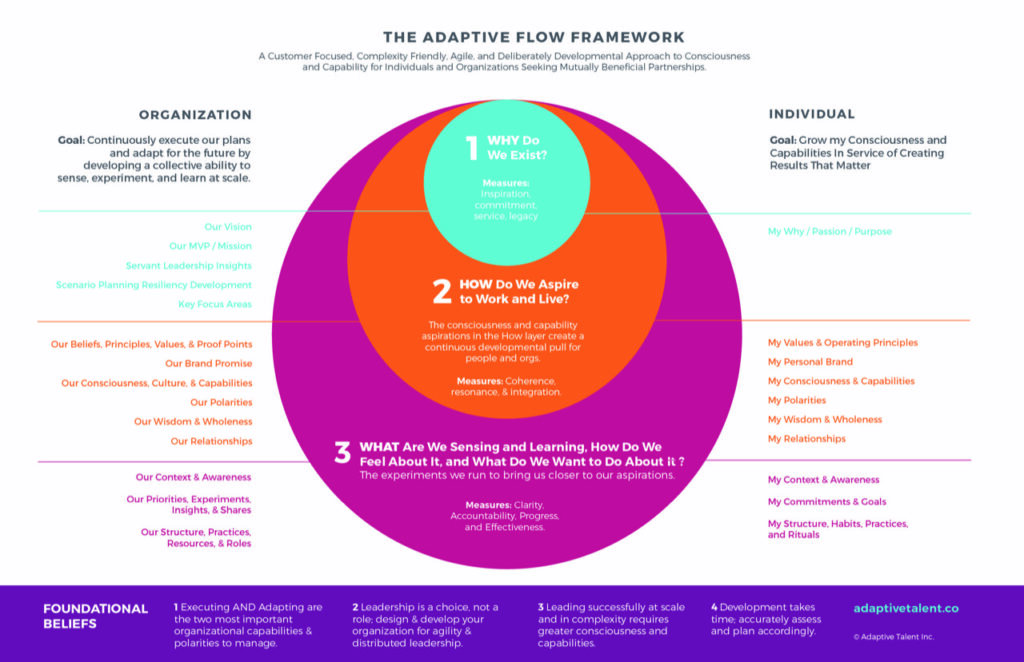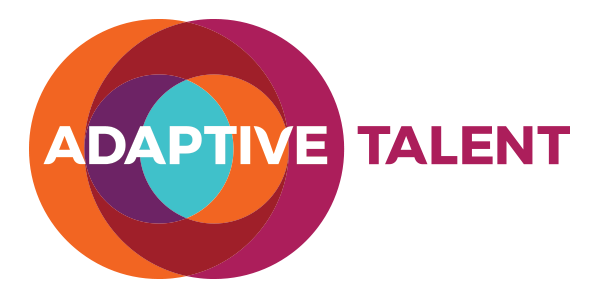- help the employees, managers, and executives regularly step back and inquire how specifically they are creating or protecting value as perceived by your customers (which ideally is richly detailed and available to all as “servant leader insights”)
- increase the percentage of time employees can allocate towards value creation (more products, services, and experiences that customers love and are willing to pay for, or to go further into relationship with your organization) and value protection (helping prevent bad things from happening like poor quality products/services, poor coordination between functional departments that frustrate your customer, data breaches, uncaring employees, etc.).
 Because every job has “required” activities that are unlikely to benefit your customer the goal of modern role design should be to create more capacity for value creation and protection by shrinking the time spent on “required” activities AND, now thanks to the incredible productivity enhancing power of generative AI, to value creating and value protecting activities previously done in part or in whole by people.
Because every job has “required” activities that are unlikely to benefit your customer the goal of modern role design should be to create more capacity for value creation and protection by shrinking the time spent on “required” activities AND, now thanks to the incredible productivity enhancing power of generative AI, to value creating and value protecting activities previously done in part or in whole by people.
In other words, to borrow a superhero metaphor, you equip your employees with their version of an Ironman/woman suit so their unique personality, creativity, drive, and passion are turbocharged by the technology. The risk, of course, is that unmotivated employees may simply phone it in and overly rely on AI instead of learning the content and methods themselves. As the machines become more capable and accurate in their prediction and influence abilities, it will expose those employees who have not deliberately developed themselves and their mastery of their role, knowledge, and tools such as AI. The minimum floor of expectations will rise for everyone eventually as it has always done as people master technology. It’s just that this is happening is a much more impressive and faster way now.
In a recent article entitled “Combating ‘AI Anxiety’: Reframing Job Insecurity into Upskilling and Reskilling Opportunities” Professor Lynda Gratton “discusses the experiences of people who work closely with technology. Drawing from the research of Daron Acemoglu, a US economist from the Massachusetts Institute of Technology, there are three types of experience:
- ‘Winners’ are people who manage to learn novel skills and transition upwards to a more advanced job,
- ‘Neutrals’ are people who are reskilled and moved horizontally into an equivalent job with part of their job supported by technology, and
- ‘Losers’ are people who are forced to move downwards to lower-paid and less secure jobs.”
A growth mindset, commitment to learning and improving, learning velocity, and dedicated time to adapt are all crucial factors that would help people have agency and success in harnessing this powerful technology. Further, as I note in our Adaptive Flow Framework, purpose driven organizations have very clear insights into the actual people (customers, partners) they are serving. It is not just the Marketing team with personas or loads of data but employees from across the function getting exposure to real customers using their products and services and seeing the experiences those people are having, and the impact that has on their ability to create the results they want for themselves in their lives. This servant leadership, purpose led orientation creates an inspiring North Star towards which employees can deploy their empathy, creativity, problem solving, and collaboration skills to further delight and stay relevant to your customers, thus succeeding towards your vision, mission, and target employee, partner, and customer experiences. Those conditions can help you turn something frightening into something exciting, which is about as pro-human as you can get.

---
Adaptive Talent is a talent consultancy designed to help organizations achieve amazing results and ongoing adaptability. Founded in 2008 and based in Vancouver, Canada we offer retained and contingent search, assessments, training, leadership coaching (1:1 and group), leadership development programs, and culture & organizational development consulting.

